Rural Reinvention: Southridge High School Improves College Access Through RECN
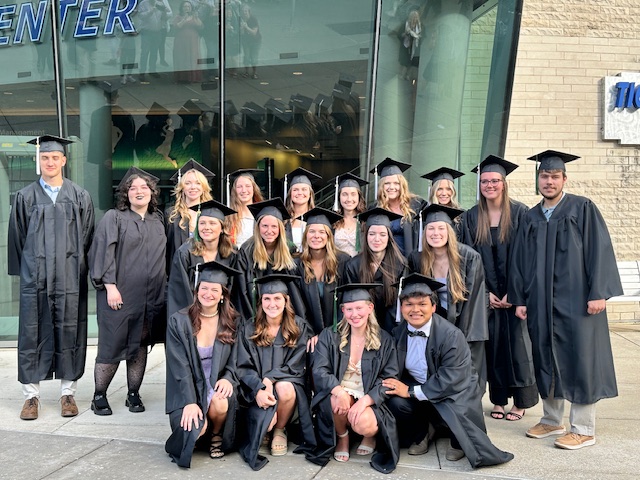
As a middle schooler, Jonathan Perez wasn’t sure college was in his future. The cost alone made it feel out of reach. But today, as a Southridge High School senior, he’s already earned two associate degrees—thanks to the school’s Early College program.
Southridge High School, located in Huntingburg, Indiana (pop. 6,495), is proving that rural schools can lead the way in transforming education. Through its participation in the Rural Early College Network (RECN), an initiative led by the Center of Excellence in Leadership of Learning (CELL), the school is helping more students earn college credits, secure workforce skills, and reimagine their futures.
“Students who receive collegiate-level credit are far more likely to continue their education and complete a degree.”
– Greg Gogel, principal, southridge high school
A Bold Vision for College Access
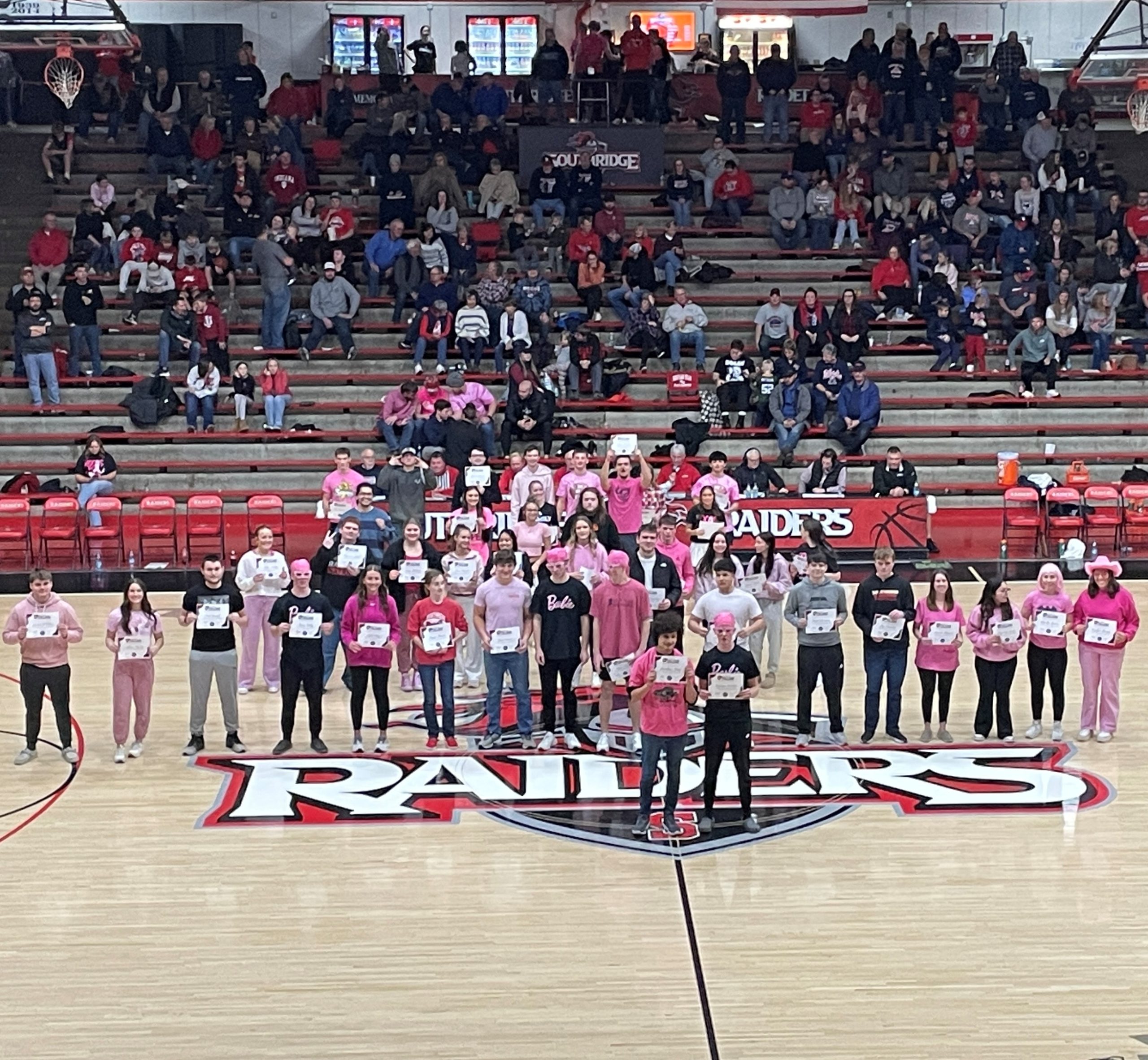
Southridge serves a diverse community including blue-collar families, a growing immigrant population, and generations rooted in the area’s strong manufacturing and agricultural industries. As economic demands have evolved, so has the need for better postsecondary access. In response, the district partnered with CELL in 2021 to implement the Early College model through the RECN program.
“We were looking at the statistics. Students who receive collegiate-level credit are far more likely to continue their education and complete a degree,” said Greg Gogel, principal of Southridge High School. “Based on the data and stakeholder expectations in our area, we knew this would be valuable work.”
The school launched Early College as a cohort with 20 students per grade. The program offered participants additional support, including university visits, FAFSA assistance, and counseling from Early College advisors. As the program grew, Southridge expanded access beyond the cohort. The class of 2024 included 76 of 124 seniors graduating with at least 15 credits—many even earning an associate degree.
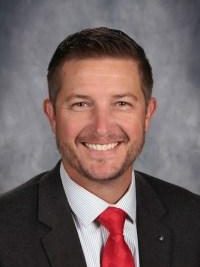
“These partnerships help our students gain the credentials needed to either enter the workforce right away or continue their education with a head start.”
– Greg Gogel, principal, southridge high school
From High School to High-Value Careers
Along with preparing students for college, Southridge is preparing them for the rest of their lives. The school offers 25 college and career pathways in fields ranging from biomedical sciences to precision machining, ensuring students graduate with skills aligned with local workforce needs.
Industry partnerships give students hands-on experience in high-demand fields. Toyota’s training program at Southridge provides students with experience in automation and robotics. Seniors spend two days a week at Toyota’s plant in Princeton, Indiana, earning wages, dual credit, and even conditional job offers. Similarly, staff from OFS, a furniture manufacturer, work with students to build classroom furniture for the district while they earn credits in industrial mechanical technology.
“These partnerships help our students gain the credentials needed to either enter the workforce right away or continue their education with a head start,” Gogel said. “We’re meeting the needs of all our students, whether they’re heading to a four-year university or preparing for a career.”
The class of 2025 included 76 of 124 seniors graduating with at least 15 credits—many even earning an associate degree.
Investing in Educators
RECN also benefitted educators by removing the cost barrier to earn advanced credentials. Teachers wanting to pursue a master’s degree or the 18 subject-matter credit hours to offer dual credit had access to funding through RECN, in partnership with CELL’s STEM Teach Indiana and Teach Dual Credit Indiana initiatives, to complete the required coursework.
Gogel understands firsthand how financial constraints can impact an educator’s career.
“When I was teaching, I needed the 18 additional hours to continue offering dual credit. But the cost had me at a crossroads. For the financial investment, do I keep teaching or go into administration? If I had access to RECN at that time in my life, I might still be in the classroom, because I really loved it,” he said.
RECN’s grant support helped advance the professional skills of staff while also enabling Southridge to achieve a major goal. Every discipline, including fine arts, now offers a dual credit pathway.
“The Early College program is one of the most important and impactful initiatives I have ever seen and experienced.”
– Jonathan Perez, student, southridge high school
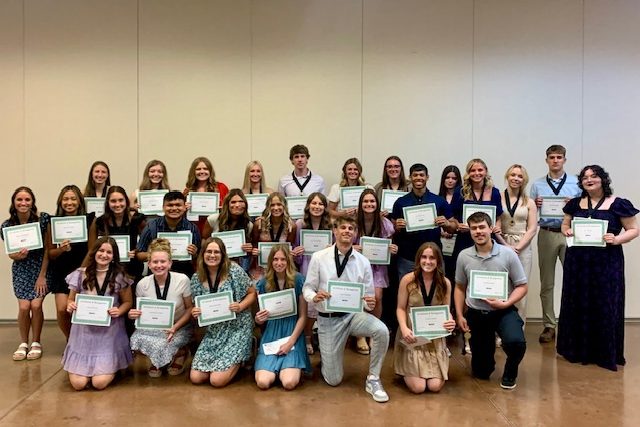
The Million-Dollar Payoff
Is Early College working? The numbers speak for themselves. Southridge’s class of 2024 saved $1.07 million in first-year college tuition at their chosen institutions—an almost 34% increase from the previous record. Gogel reports that students in the 2025 class graduating with the Indiana College Core (ICC) represent a 200% jump from last year, representing even greater tuition savings.
Many students now enter college as sophomores or juniors, significantly decreasing the cost and time to attain a degree. That has made all the difference for families like Jonathan Perez’s.
“The Early College program is one of the most important and impactful initiatives I have ever seen and experienced,” Perez said. “College can be very expensive and time consuming, but through Early College, I have been able to not only earn my high school diploma, but two associate degrees through Ivy Tech. This is a huge step for me and my family as a first-generation college student.”
Universities are taking notice. Schools in Kentucky and Illinois now accept dual credit from Southridge students, and the University of Evansville recently started offering a $25,000 first-year scholarship to Southridge’s Early College graduates.
Guadalupe Dubon, a junior at Southridge, is already thinking beyond college. “When I first started high school, I did not know what I wanted to go into for my career,” she said. “The different opportunities through Early College allowed me to formulate my own plan. I’ve decided to go into business to influence diversity and have an impact on my community.”
Southridge’s class of 2024 saved $1.07 million in first-year college tuition at their chosen institutions.
The Network Effect
RECN’s wraparound support played a key role in Southridge’s success. The network paired Southridge with Perry Central High School in Leopold, giving the leadership team a trusted mentor to build confidence, refine implementation, and encourage experimentation. The Early College team also participated in RECN’s quad meetings to work with other rural schools facing similar challenges. CELL-sponsored site visits offered a firsthand view of successful Early Colleges in action, while statewide RECN convenings brought schools together for in-depth training.
By year three, Southridge was ready for Early College endorsement. The process provided an opportunity for analysis and validation from a statewide group of Early College leaders. Gogel sees achieving the milestone as a much-needed pat on the back for his entire team.
“It was really cool to have people from all over Indiana come to Southridge to analyze what we’re doing, ask questions, and recognize the high-quality work for kids,” Gogel said. “It really pushed us to reflect on our work, consider how to improve, and celebrate what we’ve accomplished.”
“When our graduates return to this community to work and raise their families, they come back as high-value employees.”
– Greg Gogel, principal, southridge high school
A “Come Back” Community
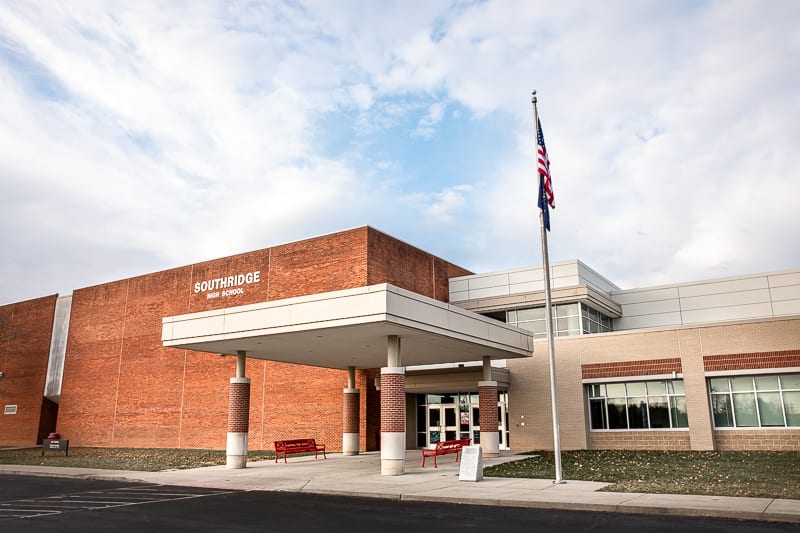
The influence of Southridge’s Early College program extends far beyond the classroom. By equipping students with college credits and workforce-ready skills, the school is fueling the local economy and strengthening the talent pipeline.
“When our graduates return to this community to work and raise their families, they come back as high-value employees,” Gogel said. “They also have the personal experience to reinforce the benefits of self-investment, work ethic, and lifelong learning to their own kids.”
Every college credit can create generational change. That’s why for Gogel, and the entire team at Southridge, Early College High Schools isn’t just about sending students off to succeed – it’s about giving them a reason to come back.
Interested in bringing the Early College model to your rural school? Apply to join the next cohort of RECN schools by March 28. Contact Janet Boyle, CELL’s director of the Rural Early College Network, at boylej@uindy.edu to learn more.
